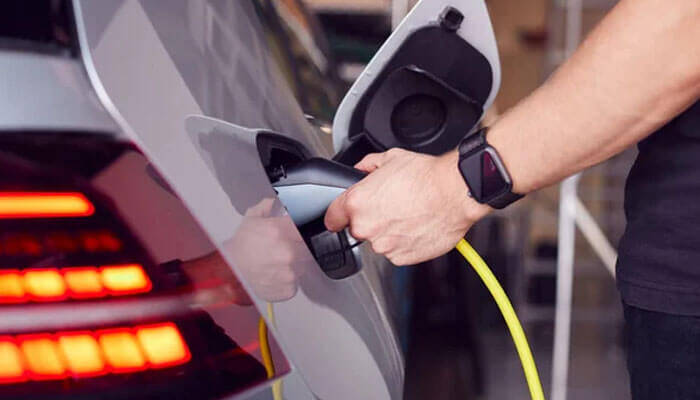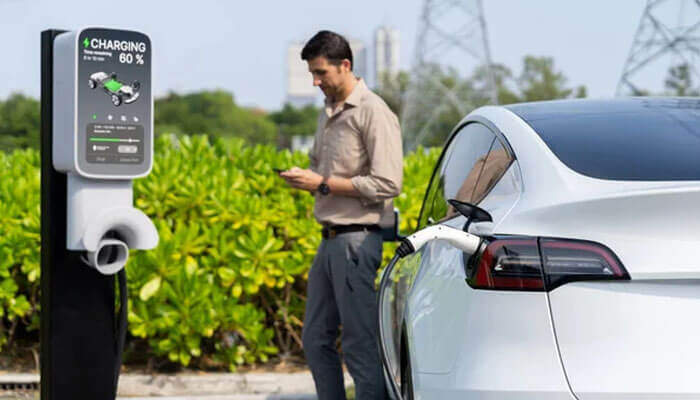Analysts have been predicting for the past few years that Americans will embrace electric vehicles with great enthusiasm and speed as the way of the future for transportation. Although the market for EVs is growing, it seems that the US’s “revolution” in electric vehicles is moving much more slowly than some analysts and automakers had predicted.
In the US, EV sales have increased since 2016; in 2017, there were almost 65,000 EVs sold, and by 2022, there were over 800,000 EVs. Following the upward trend, EV sales increased 51% in the first half of 2023, according to data from auto analytics company Motor Intelligence. Still, those gains represent a decline from the 71% growth in the same period last year.
In addition, Tesla is the market leader with over half of all EV sales. Recently revealed its lowest quarterly earnings in the previous two years, which caused a $138 billion (£111.4 billion) decline in the value of the company’s shares.
Based on these signals, a few US automakers are making new business decisions.
General Motors is moving away from its mid-2024 production target of 400,000 electric vehicles (EVs). Two years ago, the company announced that it would phase out internal combustion engines by 2035. Plans to collaborate with Honda to develop a range of more reasonably priced EVs have also been canceled. Executives at Ford claim they don’t currently need the production capacity to meet demand. So they are postponing billions of dollars in EV investment.
According to Elizabeth Krear, vice president of Electric Vehicle Practise at consumer research firm J.D. Power, it’s not that Americans don’t want to purchase EVs.
Every month, we poll over 2,000 prospective buyers of new cars to determine how interested they are in electric vehicles,” she explains. “In October, a record-breaking 29.2% of prospective buyers of new cars said they would be very likely to consider a fully electric vehicle. Thus, nearly one in three prospective buyers of new cars are very likely to give an electric vehicle some thought.”
However, a few fundamental issues have hindered US drivers’ adoption of EVs; these issues must be resolved before the country’s uptake of EVs can soar as predicted.
The Problem Of Affordability
The primary barrier among these is the cost of living. EVs continue to be significantly more expensive than their combustion counterparts, despite declining costs and the US introducing tax credits. At a two-decade high in US interest rates,
The cost is too high for the typical American car buyer, as interest rates are at a two-decade high.
An Addition, Not A Substitute
According to Nunes, early adopters—people for whom an EV was an easy sell—led the surges in EV sales in recent years. Nowadays, the majority of those who would like to own an EV already do. He feels that middle-class Americans should be the next buyer target group. But businesses haven’t been able to get them interested in entering the market.
A Positive Outlook
Even though there are currently very few electric vehicles (EVs) on the road. According to Krear, “we do anticipate that share more than doubling from 9% to 19%” over the course of the next few years. She thinks that a lot of the issues that are presently hindering adoption will probably go away, increasing market share.



